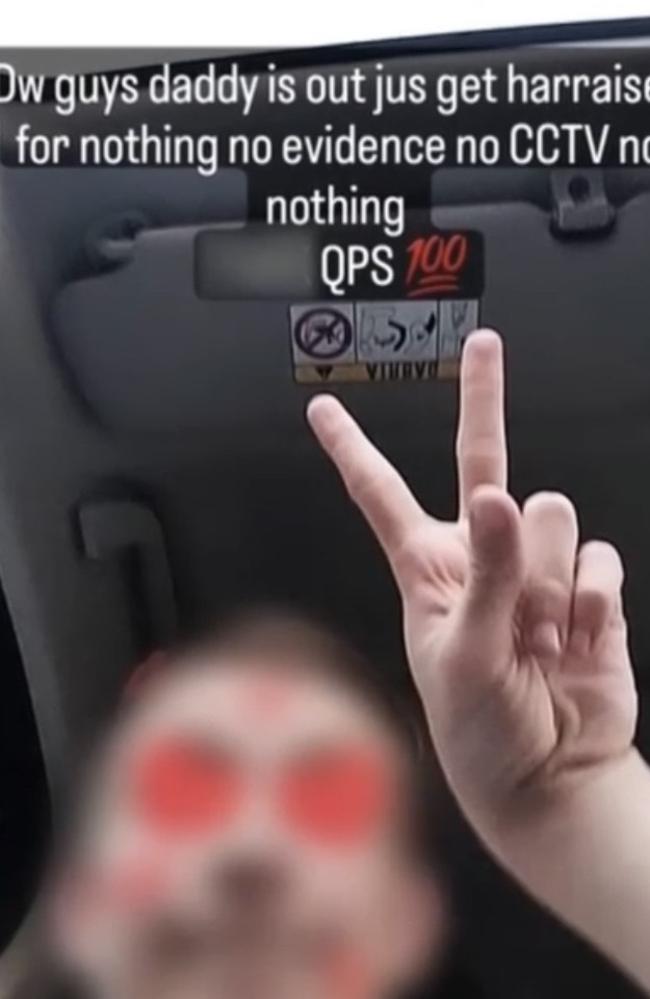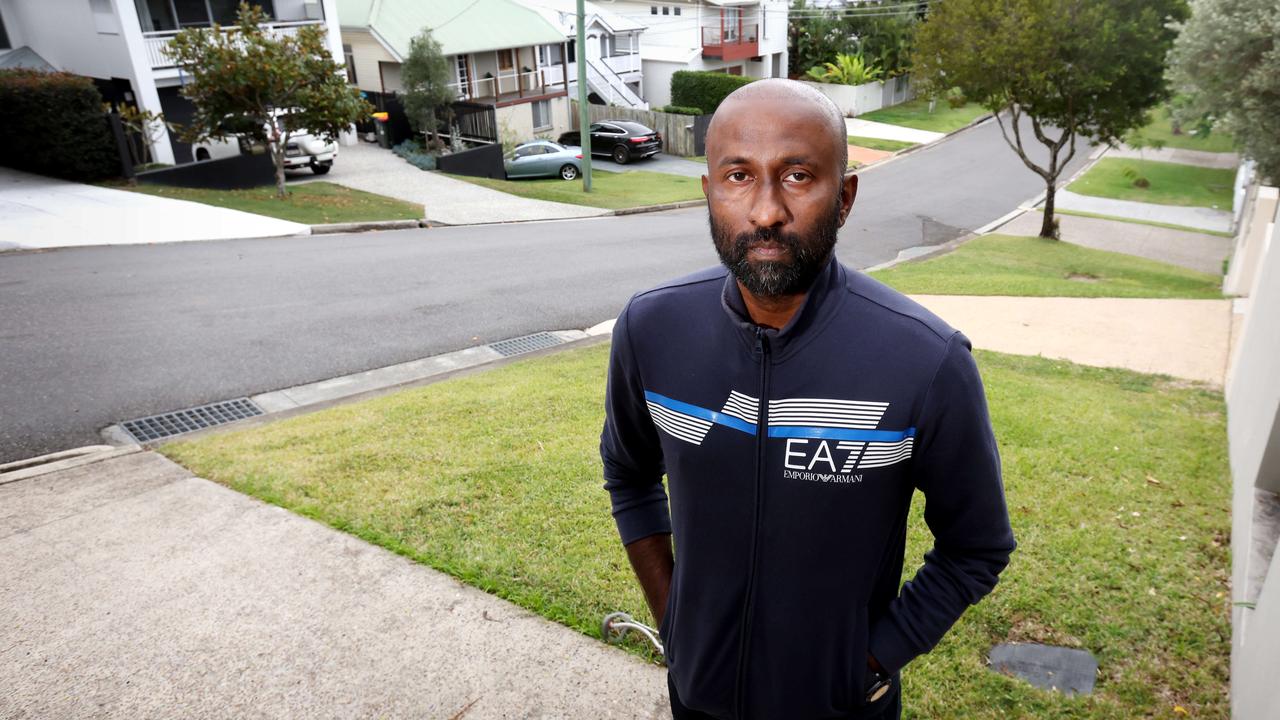Opinion: It should not take rap sheet of 100 charges for courts to lock up repeat offenders
It should not take a rap sheet of almost 100 charges for the courts to do the right thing and lock up repeat juvenile offenders, writes Kylie Lang.
Kylie Lang
Don't miss out on the headlines from Kylie Lang. Followed categories will be added to My News.
It should not take a rap sheet of almost 100 charges for the courts to do the right thing and lock up repeat juvenile offenders.
But that’s the harsh reality we face as we try to lead decent lives without fear of being carjacked or robbed at knifepoint.
Kids are released back on to our streets – despite the protestations of frustrated police officers – and invariably commit further crimes.
What’s to stop them? Certainly not our justice system. And certainly not the parents who raised them.
These young people are a law unto themselves – and they know it.
You could say police had a small “win” this week after successfully applying to the court to have bail revoked for one alleged offender.

The 17-year-old male was facing 94 charges including 38 break-ins and 28 car thefts when, out on bail, he allegedly embarked on a five-day crime spree that included a violent carjacking with a machete.
How did it get to this point? Weak court rulings are a key contributor.
Did no-one think, at say a tally of 30 charges, that strong action might be warranted?
At 60? At 10 even? When is enough enough?
One thing’s for sure, the public has had a gutful of go-softly court decisions, and so has our police force.
There is no point having supposedly tougher bail laws when they are not imposed.
And if juvenile detention centres are full, as we are led to believe, then build more.
That would be a use of taxpayer dollars by the Palaszczuk Government that would finally make sense.
The case of this particular 17-year-old is particularly infuriating.
You will recall the boy mocked police and gloated on social media about being granted bail by the Children’s Court on June 7 – one day after he was arrested for six more offences allegedly committed between June 2 and 6.
Police subsequently applied to have his bail revoked and it worked – for a change.
In a decision this week Justice Peter Davis said the boy’s offending was “disturbing” and there were no bail conditions he could impose that would prevent him from reoffending or endangering the community.
He noted the boy, now facing a total of 100 charges, had previously been the subject of probation, restorative justice orders, reprimands, community service, detention, and a good behaviour bond.
All of which, you’d have to say, came to naught.
In the latest spate of alleged offending this month, the teen was allegedly part of a group armed with a machete and a shovel that held up Angelo Justus and stole his luxury car in Bulimba on June 4.

Justice Davis accepted submissions that the boy had a “difficult life” and endured periods of homelessness, but he noted the conditional bail the teen had been on since April 27 had failed.
“It is well and good to say that the respondent has been engaging in the conditional bail program,” he said.
“However the point of the conditional bail program is to contribute to the respondent leading a lawful life. He has not been.”
Keeping repeat offenders off our streets should be the priority of the courts – but for too long it seems the rights of perpetrators trump the rights of victims.
Is it any wonder citizens are engaging in vigilantism?
We appreciate that young offenders might have had difficult upbringings but that shouldn’t mean we pay the price.
Kids cannot be expected to magically alter their behaviour without tough measures.
Take the 14-year-old boy who is now, according to his mother, on a straight path after 10 weeks in juvenile detention.
Back in December, the woman begged the court to lock up the then 13-year-old after he’d repeatedly been given a “slap on the wrist”.
The child had been arrested 13 times and faced 99 charges.
A four-week stint in juvie didn’t work, she said, but the harsher penalty of 10 weeks provided enough time for rehabilitation.
As for conditional bail, she acknowledged it was useless.
“Why put conditions on these kids? – it’s just setting them up to fail,” she said.
Yes, and it’s positioning the rest of us as sitting ducks.
kylie.lang@news.com.au




